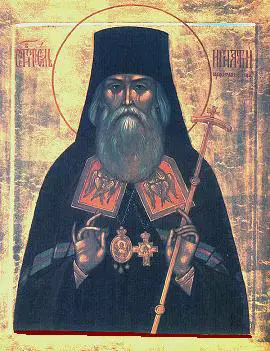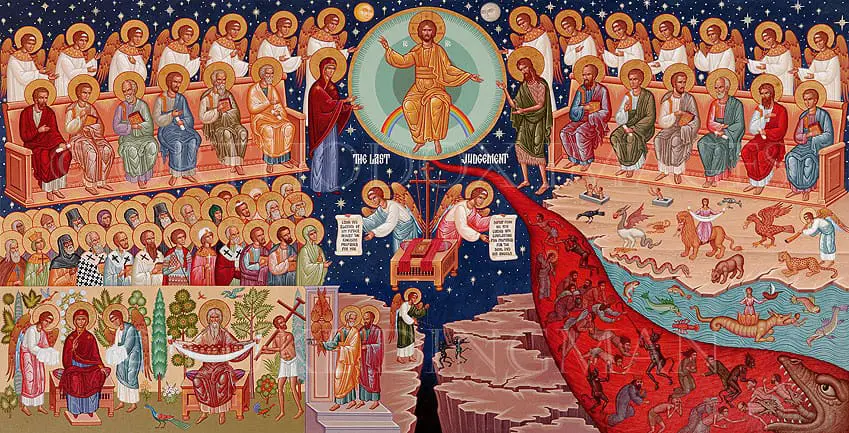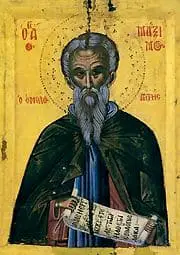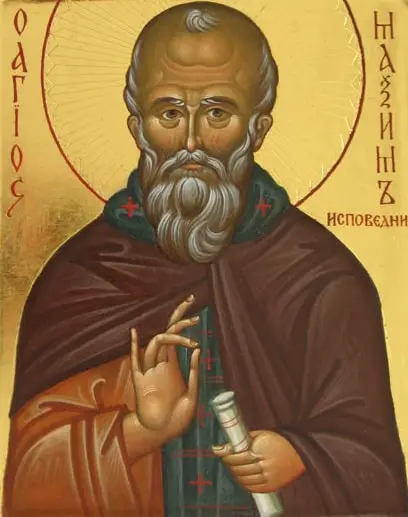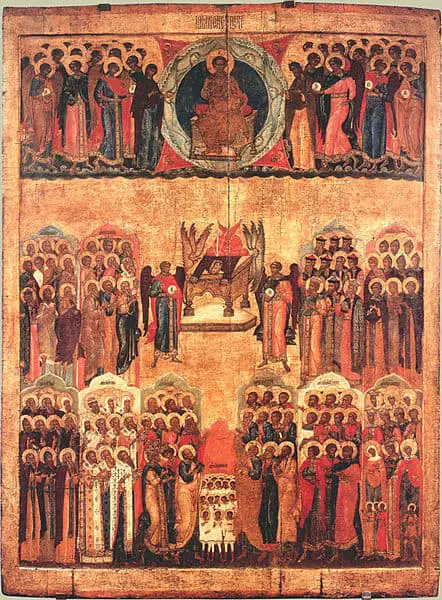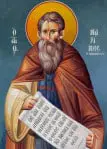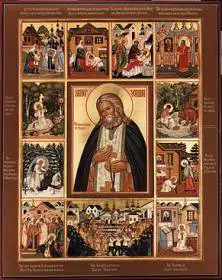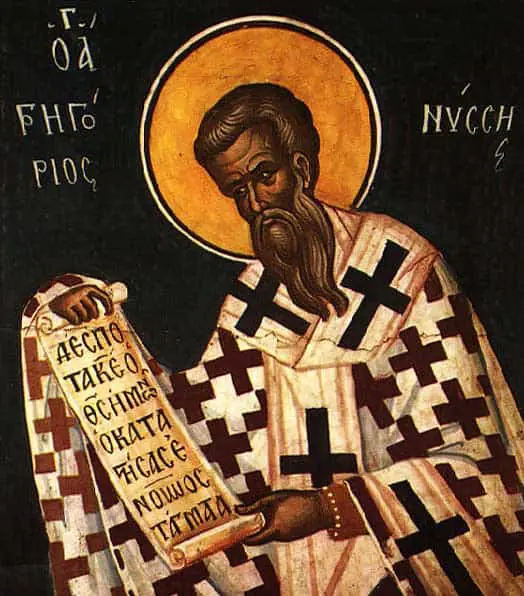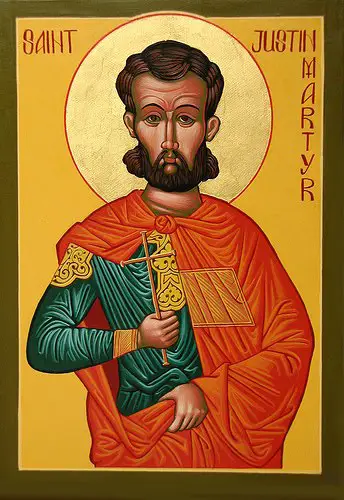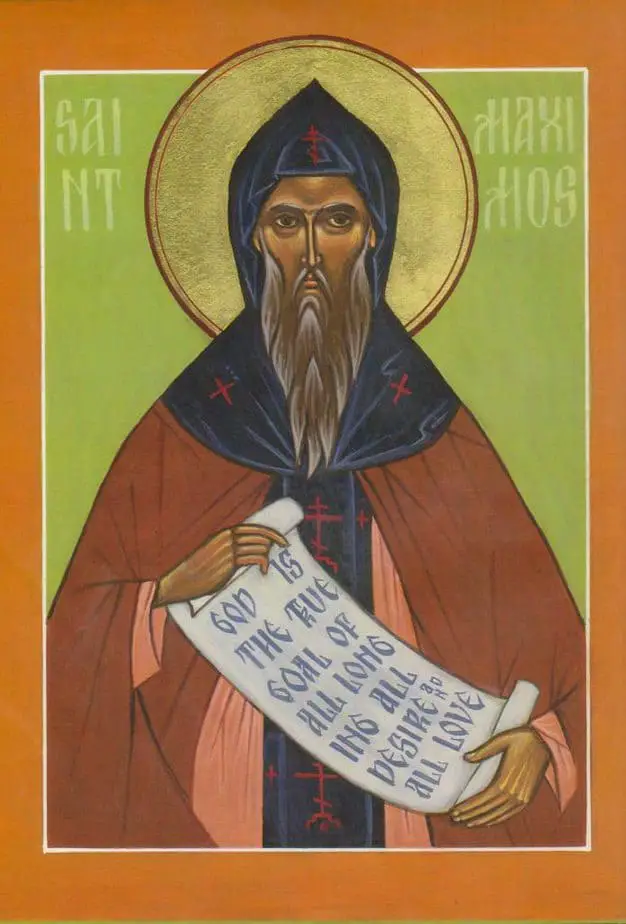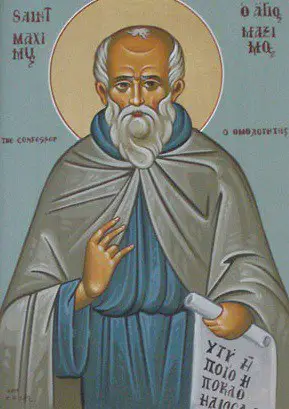Our life is child’s play, only not innocent, but sinful, because, with a strong mind, and with the knowledge of the purpose of our life, we neglect this purpose and occupy ourselves with frivolous, purposeless matters. And thus our life is childish, unpardonable play.
We amuse ourselves with food and drink, gratifying ourselves by them, instead of only using them for the necessary nourishment of our body and the support of our bodily life.
We amuse ourselves with dress, instead of only decently covering our body and protecting it from the injurious action of the elements.
We amuse ourselves with silver and gold, admiring them in treasuries, or using them for objects of luxury and pleasure, instead of using them only for our real needs, and sharing our superfluity with those in want.
We amuse ourselves with our houses and the variety of furniture in them, decorating them richly and exquisitely, instead of merely having a secure and decent roof to protect us from the injurious action of the elements, and things necessary and suitable for domestic use.
We amuse ourselves with our mental gifts, with our intellect , imagination, using them only to serve sin and the vanity of this world–that is, only to serve earthly and corruptible things–instead of using them before all and above all to serve God, to learn to know Him, the all-wise Creator of every creature, for prayer, supplication, petitions, thanksgiving and praise to Him, and to show mutual love and respect, and only partly to serve this world, which will some day entirely pass away.
We amuse ourselves with our knowledge of worldly vanity, and to acquire this knowledge we waste most precious time, which was given to us for our preparation for eternity.
We frequently amuse ourselves with our affairs and business, with our duties, fulfilling them heedlessly, carelessly, and wrongfully, and using them for our own covetous, earthly purposes.
We amuse ourselves with beautiful human faces, or the fair, weaker sex, and often use them for the sport of our passions.
We amuse ourselves with time, which ought to be wisely utilized for redeeming eternity, and not for games and various pleasures.
Finally, we amuse ourselves with our own selves, making idols out of ourselves, before which we bow down, and before which we expect other to bow down.
Who can sufficiently describe and deplore our accursedness, our great, enormous vanity, the great misery into which we voluntarily throw ourselves?
What answer shall we give to our immortal King, Christ our God, Who shall come again in the glory of His Father to judge both the quick and the dead, to declare the secret thoughts of all hearts, and receive from us our answer for every word and deed. O, woe, woe, woe to us who bear the name of Christ, but have none of the spirit of Christ in us; who bear the name of Christ, but do not follow the teaching of the Gospel! Woe to us who ‘neglect so great salvation’! Woe to us who love the present fleeting, deceptive life, and neglect the inheritance of the life that follows after the death of our corruptible body beyond this carnal veil!
You don’t need a Kindle device to read the Kindle version of this book, which is available a very reduced cost. Try Amazon’s FREE Kindle Cloud Reader app for your computer, phone, or tablet.


